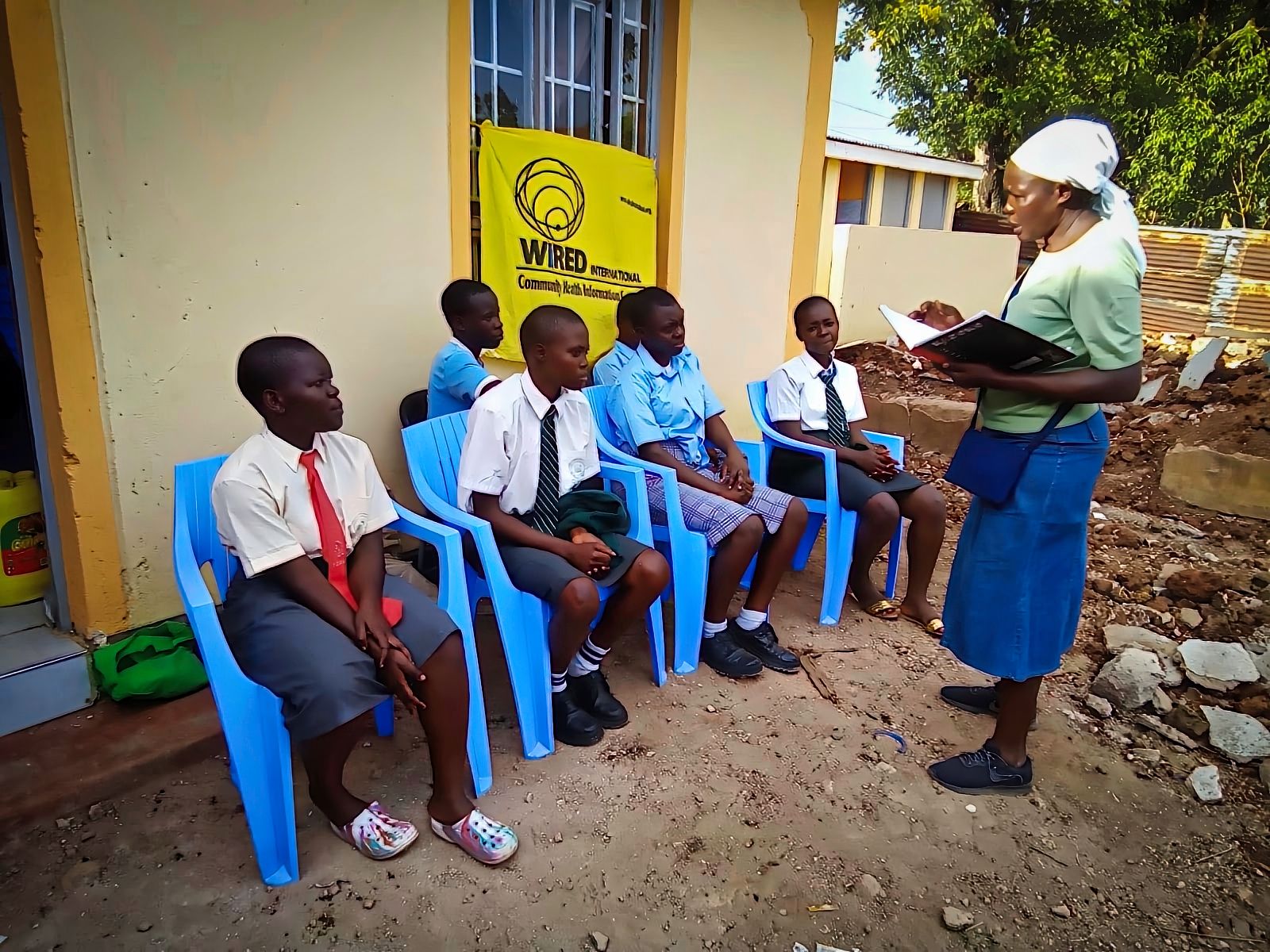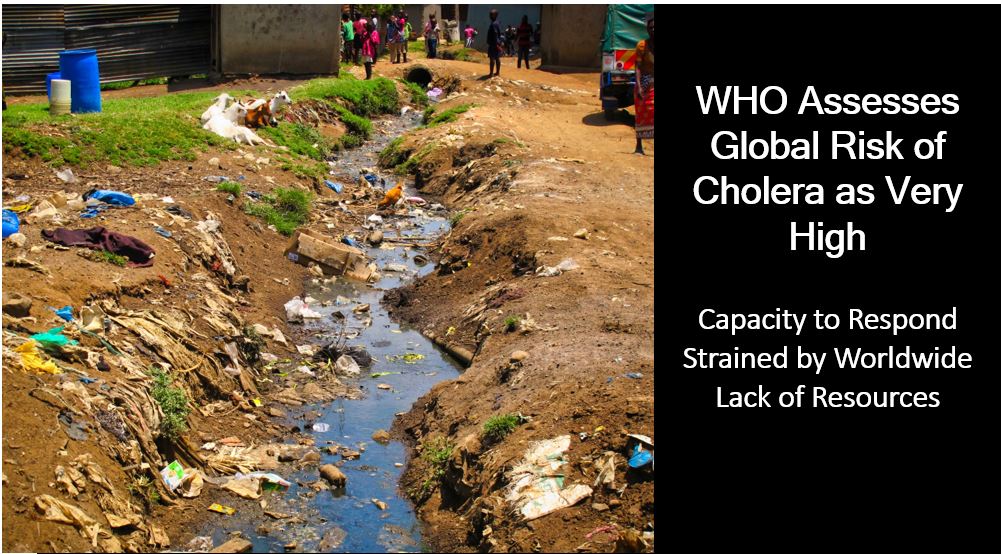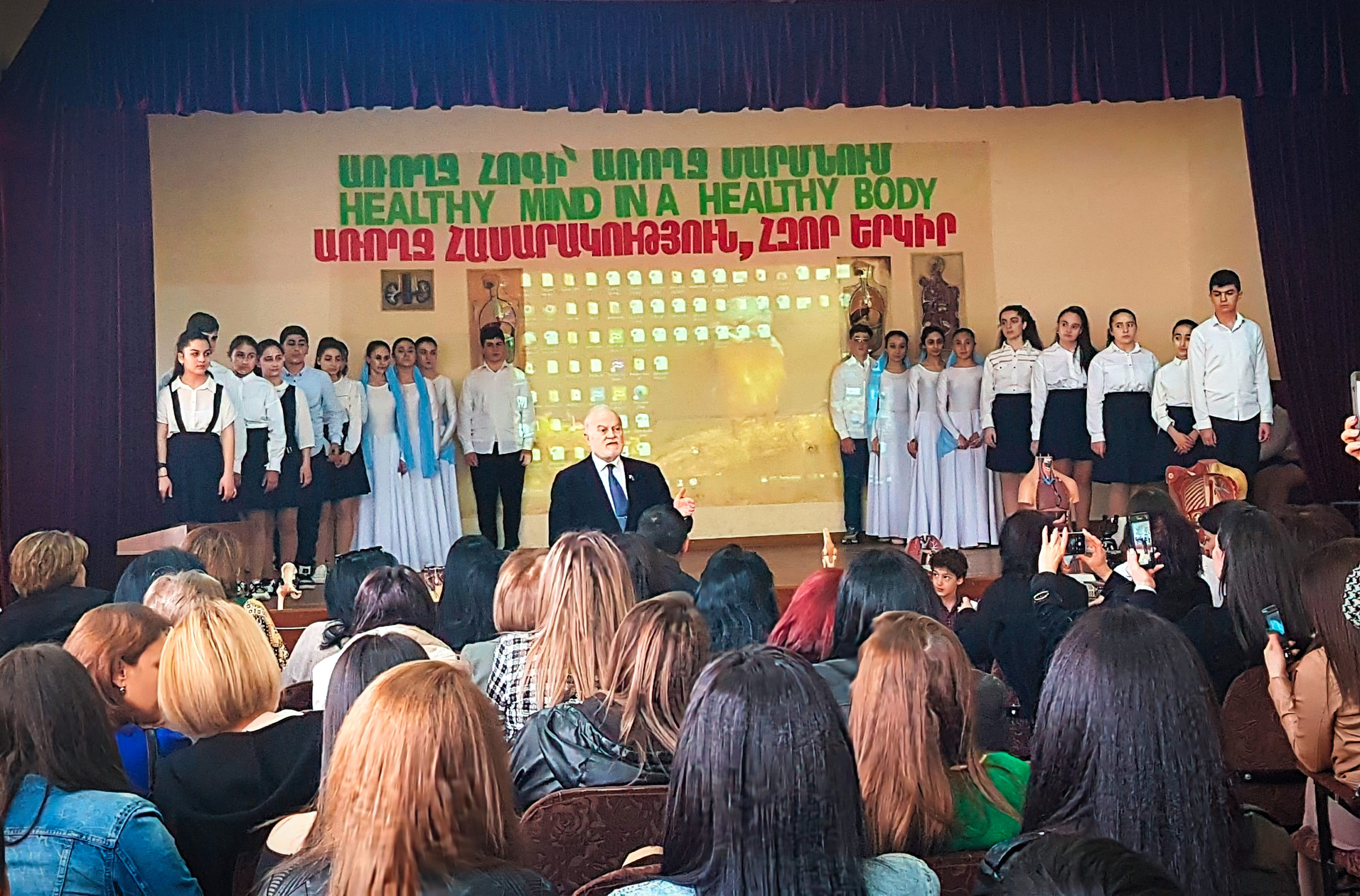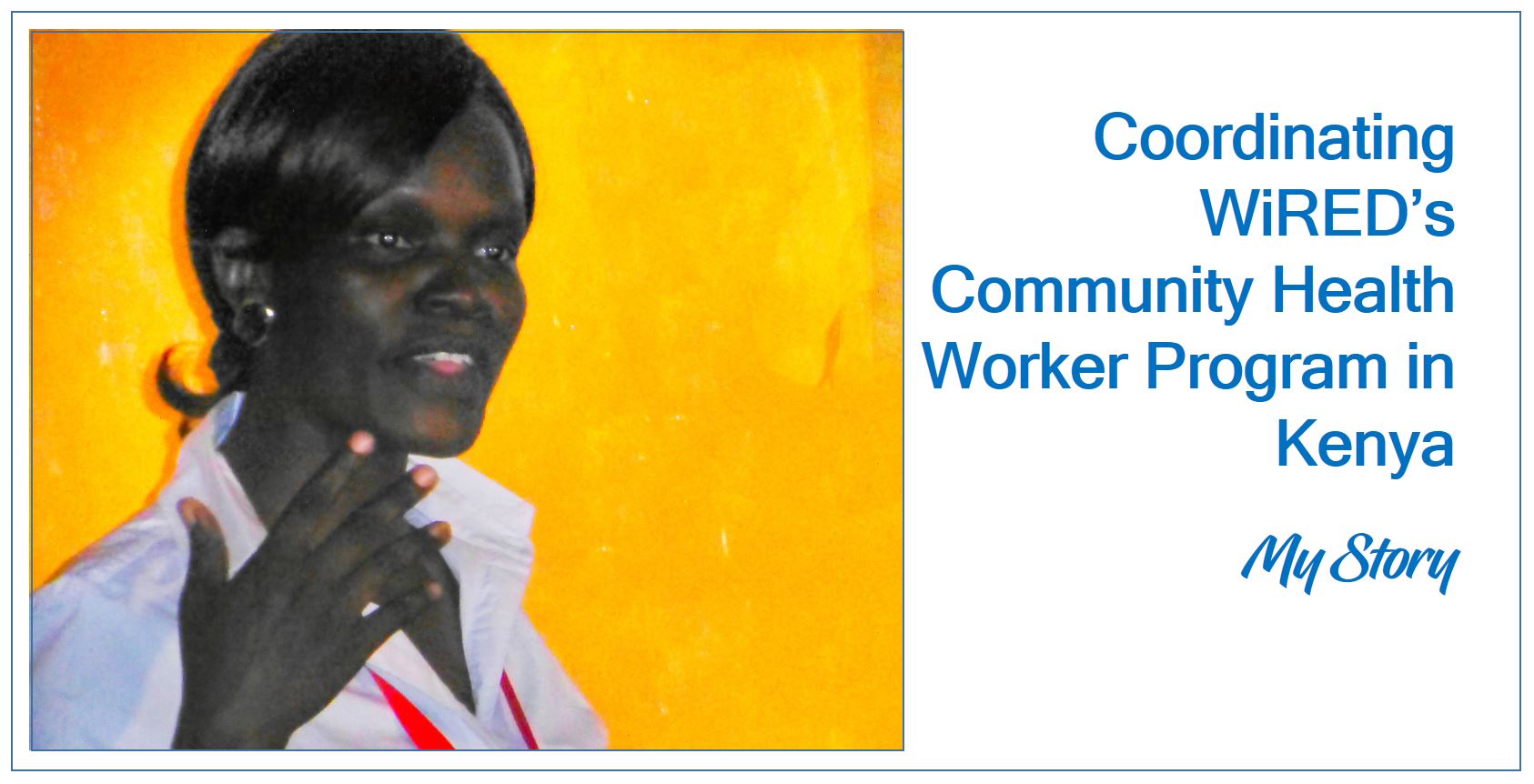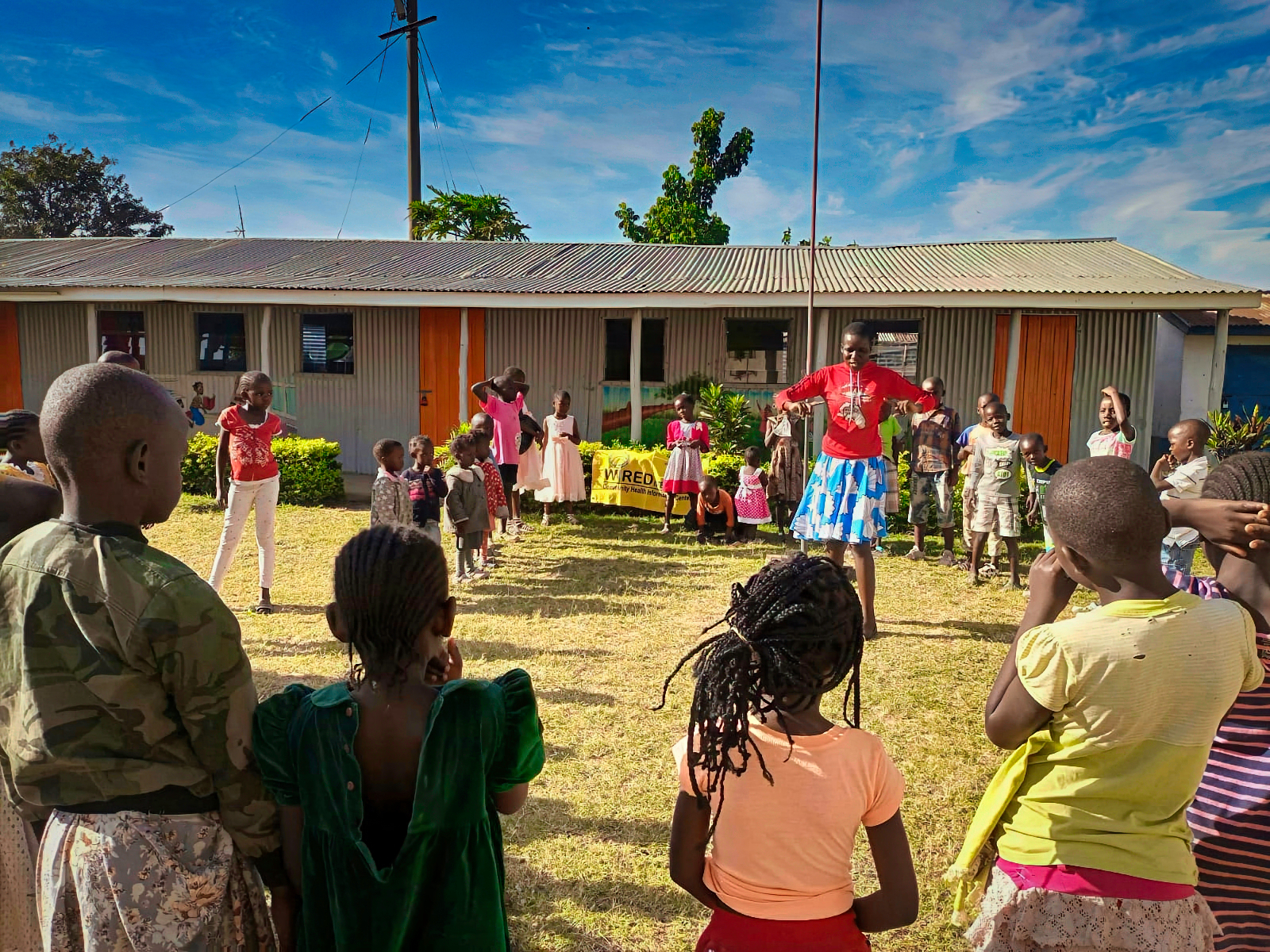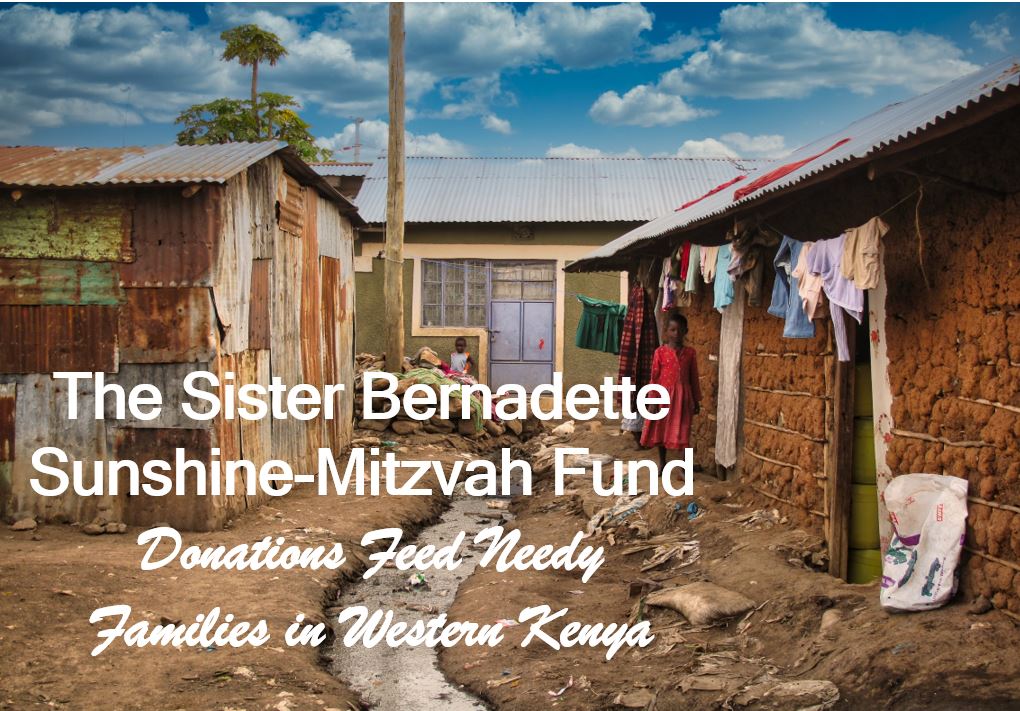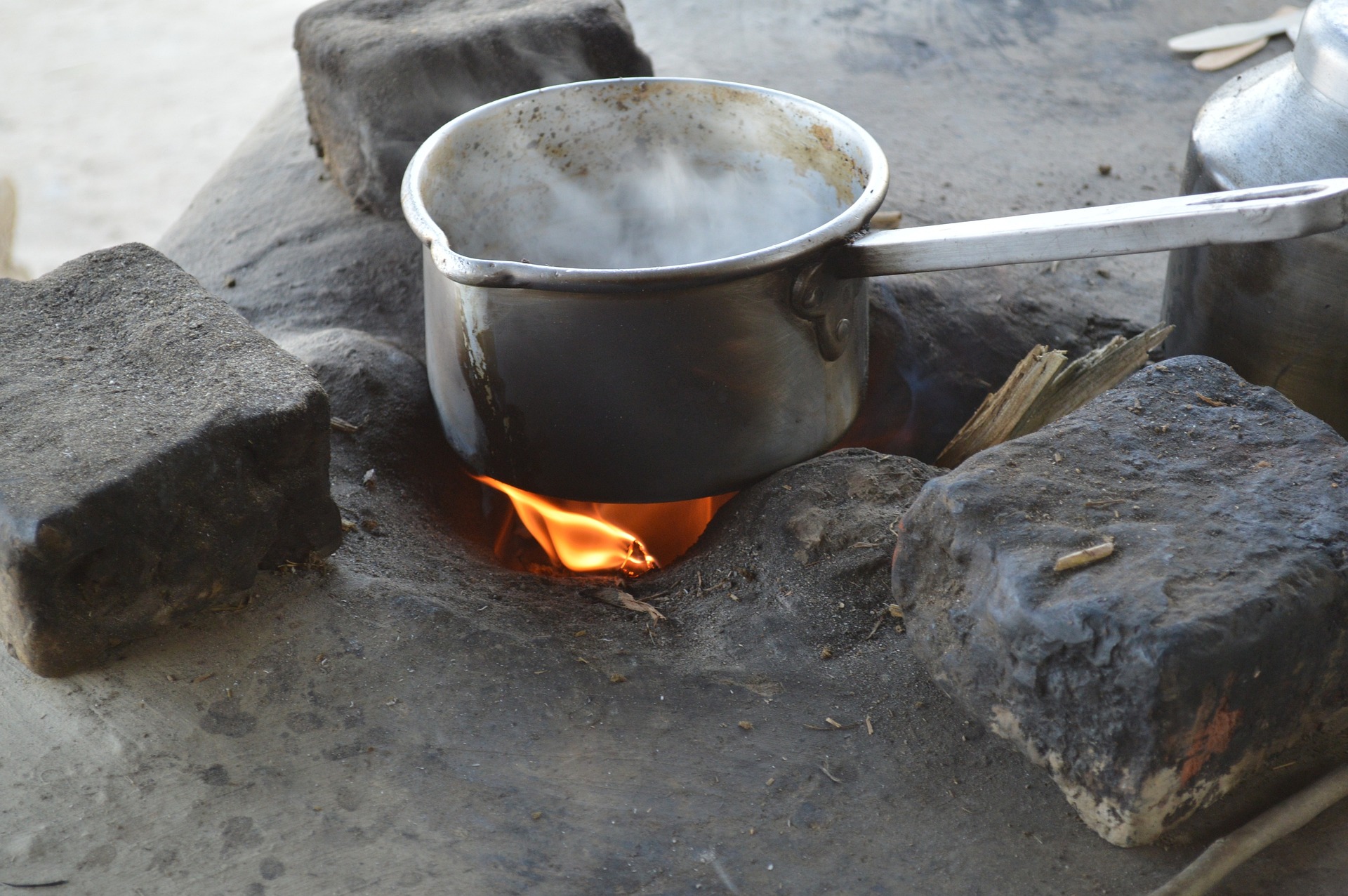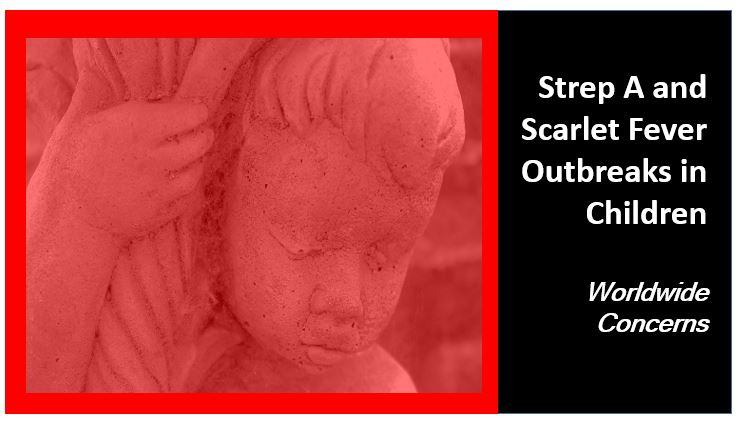Monthly Update from WiRED’s Community Health Workers in Kenya
Posted onOur team of WiRED International-trained community health workers (CHWs) in Kisumu, Kenya, reported another productive month of providing health education to their area residents. During the month of March 2023, 22 CHWs in Kisumu, Kenya

